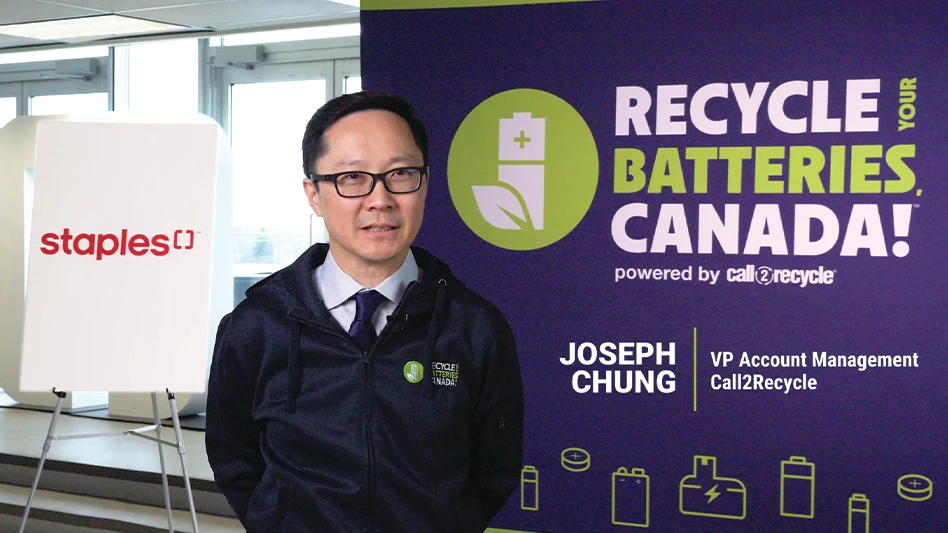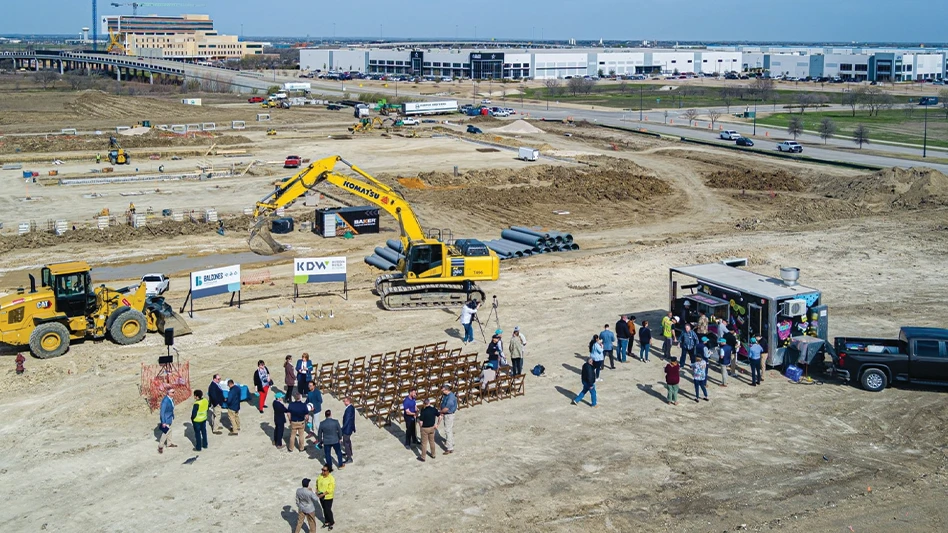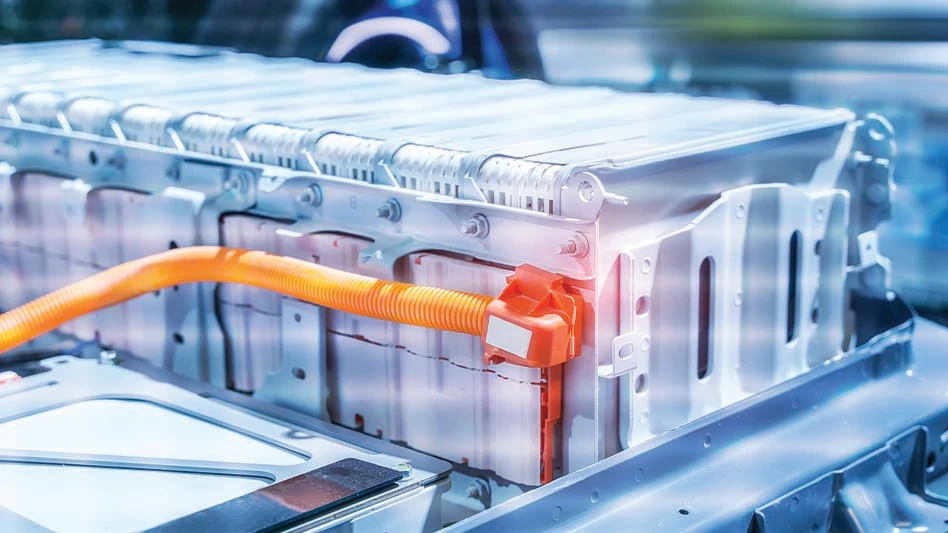
Marine debris is a serious threat to the environment. The issue should offend every discerning
But acknowledging that our industry is front and center in this challenge also acknowledges the fact that we have a crucial role to play to help solve it.
The Plastics Industry Association (PLASTICS) believes recycling should be one of the cornerstones of
At the recently concluded Re|focus Sustainability & Recycling Summit (co-located with NPE2018: The Plastics Show, May 7-11 in Orlando, Florida), the keynote speaker, Oliver Campbell from Dell Inc., discussed how his company is building a supply chain for plastics that have been recovered from the marine environment for use in packaging. He said what Dell is doing isn’t proprietary—it is something other companies can replicate. (Read more about Dell’s role in NextWave and its use of ocean-bound plastics in this issue’s Welcome on Page 4.)
In fact, elsewhere on the NPE2018 show floor, in the Re|focus Zone, numerous products were on display that also
Plastics recycling faces many challenges, and creating a workable solution for marine debris will require thoughtful, collaborative work across the supply chain. It also will involve partnerships with government agencies at the local, state and federal levels. That’s why PLASTICS supports reform at the federal level to address the United States’ need for better recycling infrastructure.
It will take more than just recycling, and more than just the plastics industry, to end marine debris, but recycling is a tool that we can all agree on. Together, we can work to make this vital process more widespread, more efficient and more powerful in the fight to make sure no plastic products end up where they shouldn’t.
Get curated news on YOUR industry.
Enter your email to receive our newsletters.

Explore the August 2018 Plastics Recycling Issue
Check out more from this issue and find your next story to read.
Latest from Recycling Today
- Recycled steel price crosses $500 per ton threshold
- Smithers report looks at PCR plastic’s near-term prospects
- Plastics association quantifies US-EU trade dispute impacts
- Nucor expects slimmer profits in early 2025
- CP Group announces new senior vice president
- APR publishes Design Guide in French
- AmSty recorded first sales of PolyRenew Styrene in 2024
- PRE says EU’s plastic recycling industry at a breaking point





